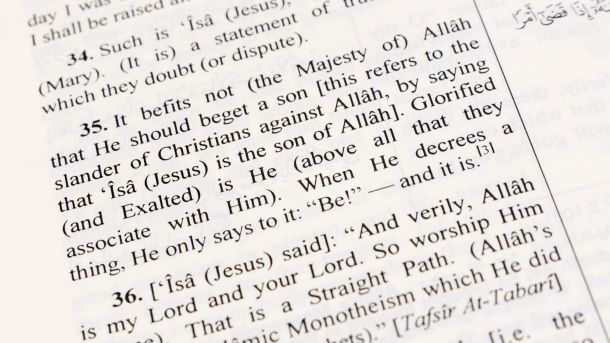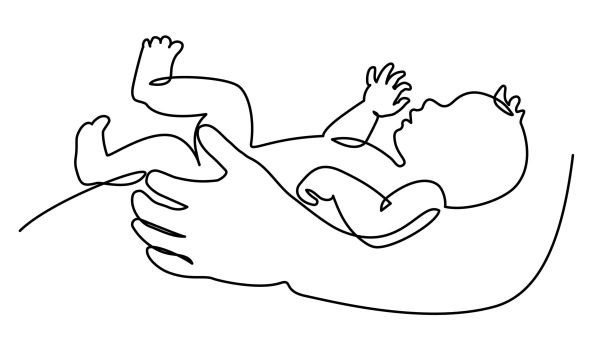News Archive
Dec 3, 2022
The Prophet Muḥammad’s (ﷺ) Invitation to the Christians to Recognise the Oneness of Allāh and the Humanness of Prophet Jesus
Shaykh al-Islām Ibn Taymiyyah [d. 728 AH] said regarding the statement of Allāh:
الم ﴿١﴾ اللَّهُ لَا إِلَٰهَ إِلَّا هُوَ الْحَيُّ الْقَيُّومُ ﴿٢﴾
‘Alif, Lām, Mīm. Allāh – there is no deity [worthy of worship] except Him, the Ever-Living, the Sustainer of existence.’
[Alī ʿImrān, 3:1-2]
Several of the mufassirīn [interpreters of the Qurʾān] have mentioned the reason for the revelation of the verses [at the beginning of sūrah Āli ʿImrān]. Among them is what is narrated by [Imām] Muḥammad ibn Jarīr al-Ṭabarī in his tafsīr. He said:
Indeed, the Christians came to the Messenger of Allāh (ﷺ) an…
Dec 2, 2022
The Extremism of Misusing Titles in Islām such as “al-Shahīd” or “al-Imām”
In these latter times it has become rampant among people to refer easily to individuals as being ‘imām’. It has even gotten to the point where the one being given this title is from among the smallest person of knowledge. This is a matter that, had it not been for the extreme effects such titles hold, would have been considered insignificant.
However, these titles have an effect as a person may hear an individual being described as an imām and henceforth emulate his opinions. Despite the fact this person is not deserving of such emulation. This is also like the widely dispersed saying concer…
Nov 26, 2022
Naming a Child Conceived from Adultery or Fornication
A legitimate child—one who is conceived from a lawful Islamic relationship, like marriage—ascribes to his father’s lineage. Therefore, the child is called, for example, Khālid son of Dāwūd or Fāṭimah daughter of Dāwūd. Allāh said:
ادْعُوهُمْ لِآبَائِهِمْ هُوَ أَقْسَطُ عِندَ اللَّهِ
“Call them after their fathers. This is more just before Allāh.”
[Al-Aḥzāb, 33:5]
Also, the Prophet (ﷺ) said: “Whoever knowingly claims to be the son of anyone other than his real father has disbelieved.”1
Furthermore, the Prophet (ﷺ) said: “If any child or slave ascribes to other than his father or his master, th…
Nov 13, 2022
Changing One’s Name in Islām
The scholars of Islām agree that everyone must have a name. Ibn Ḥazm (d. 456 AH) (رحمه الله) mentioned: “The scholars agree that every man and woman must have a name.”1 However, Islamic law may require some people to change their names. In fact, Allāh’s Messenger (ﷺ) himself changed many people’s name. He even changed the names of some places.
Sahl (رحمه الله) narrated:
The Prophet (ﷺ) said: “Where is the baby?” Abū Usayd (رضي الله عنه) replied: “We sent him home.” The Prophet (ﷺ) said: “What is his name?” Abū Usayd (رضي الله عنه) said: “So and so [is his name].” The Prophet (ﷺ) said: “…








